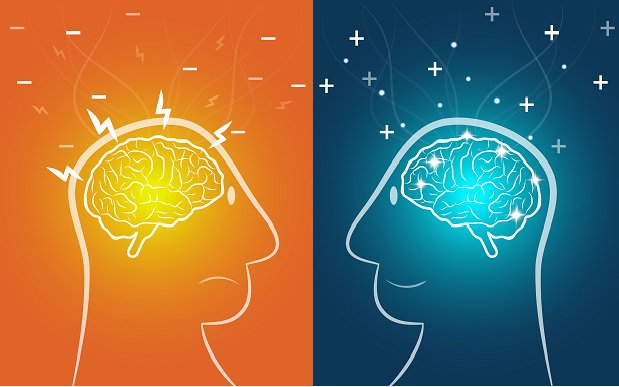To walk a path of true growth and spiritual awakening, one must begin by understanding the power and weight of emotional responsibility. Our emotions are not accidents nor are they punishments sent from the outside world—they are mirrors, reflections of our inner state. Yet so often we hand over this power, blaming others for what stirs within us, believing that if circumstances or people changed, then our pain would disappear. In doing so, we give away our freedom and keep ourselves bound to cycles of reaction and suffering. Emotional responsibility is the art of reclaiming this freedom, of recognizing that what we feel is ours to face. Without it, we remain prisoners of projection, but with it, we step into the highest form of empowerment: becoming conscious creators of our inner world and not merely victims of it.
YOU ARE IN CHARGE OF WHAT YOU FEEL
Not taking responsibility for our emotions separates us from our essence, because emotions are messengers carrying vital information about what is happening within us, and when we refuse to listen we disconnect from ourselves -Sometimes even provoking physical sickness -To dismiss, repress, or blame others for our anger, sadness, fear, or longing is to ignore the signals that point to areas of healing and growth. This lack of responsibility keeps us stuck in a childlike state, waiting for others to fix us, to apologize, to change, to give us what we are not yet giving ourselves, which creates dependency, resentment, and frustration. The danger is that we remain reactive rather than conscious, repeating old stories without rewriting them, reliving the same wounds without transforming them into wisdom.
Taking responsibility does not mean judging ourselves harshly or denying what we feel—it means embracing our emotions with honesty, acknowledging them as ours, and using them as a compass. It is the difference between saying “you made me angry” and “I feel anger arising in me,” between “you hurt me” and “there is pain in me that has been touched.” This shift may seem small but it is revolutionary because it brings the power back to us, allowing us to choose how to respond rather than being ruled by impulse or blame. When we step into emotional responsibility we cultivate maturity, we open space for healing, and we free others from carrying burdens that are not theirs to carry.
Failing to take responsibility for our emotions keeps us in cycles of avoidance, dependency, and projection, but embracing that responsibility gives us access to freedom, clarity, and deeper intimacy with ourselves and with others. It is the path to authenticity, because only when we own what we feel can we transform it, and only when we transform it can we grow into the fullness of who we truly are.




